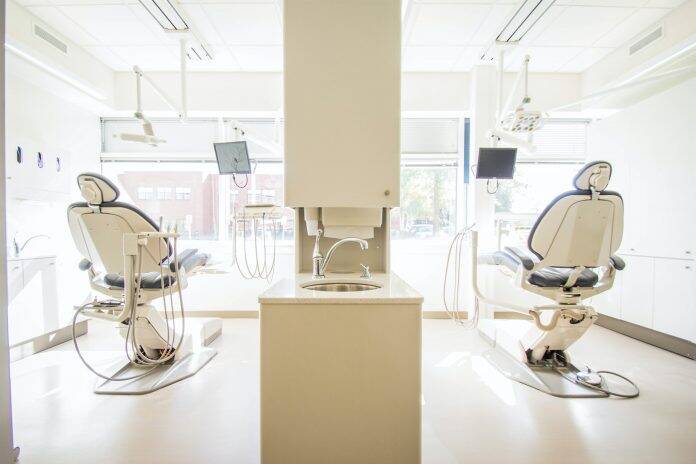When a medical facility makes an error that rises to the level of medical malpractice, the patient in the cause is then eligible for compensation for any resulting injuries. While medical malpractice policies are there to defend the rights of patients who agreed on standard medical care, the first step in conveying those rights must be exerted by the victims themselves.
Our post here details those steps in-depth in the context of a medical negligence lawsuit against a medical facility.
-
Verify Your Statute of Limitations
The biggest mistake you can make is waiting too long to file a medical malpractice lawsuit court. As you probably know, every state has its own statute of limitation (a definite period of time where you’re able to file a claim). Therefore, if you want to sue a medical facility, it’s important to know your state’s specific limitations.
Because you’re suing a medical facility, you may not have as much time as you would have if you were suing an individual. Some states have more rigorous rules regarding the statute of limitations; therefore, you can also get a year from the day you were injured.
As this post will discuss, you may have to jump through several hoops before filing a legal complaint. This makes it more critical that you not wait before attempting to file a malpractice claim.
-
Find Out Who to Sue and Why
This is an important determination. Just because medical negligence happened at a hospital doesn’t necessarily mean the facility itself can be held responsible. To get used to terms and make things a bit easier, start a notebook of “sue the hospital” notes to write the answers as you learn them. You can use these notes when you consult with your solicitor to make sure you don’t miss any valuable details.
Who: Show who is or was responsible? Was it a technician or a member of the medical staff? Note that (depending on the complexity of the issue) it could be any of the numbers of persons employed at the hospital. If you identify the person responsible, then you’ll very easily determine who to sue, whether it’s a nurse, a doctor, someone else, or the facility.
What: What exactly happened? Did your medical advisor overlook something critical on your medical record? Did your surgeon operate your wrong leg? Note all the details you can; it will help you later.
To back your what, you will need to gather all of your information: medical records, photos, incident reports, and more. This will be of great help later.
In order to sue a hospital, you will need to bring proof of: when, where & why. Your malpractice solicitor and the rest of the staff will help you unearth more details than you’re able to on your own.
-
Consult Your Solicitor
A medical malpractice case isn’t the type of legal action you want to try handling on your own. More often than not, these cases can get very complex from a medical, legal, and procedural perspective. Proving your malpractice case is going to require not just a strong understanding of the laws as it applies to your situation but a knowledge of the type of hoops a medical malpractice complainant needs to jump through, including the retention of the right expert medical witness.
According to experts from How-To-Sue.co.uk, malpractice solicitors usually offer free initial consultations. Most depend on contingency fee agreements, meaning a settled case will bring the law firm a portion (usually about 1/3) of the award. If the solicitor loses the case, the attorney doesn’t get paid, though the client may be caught in certain costs.
However, one good piece of news is that not having enough money won’t be an issue. Call your solicitor and consult. A good layer will seamlessly guide you through the rest of the process.
-
Do your research
What research, you may ask?
It’s a somewhat intrusive process where their team interrogates you and gathers evidence from your team. Your side does the same to them. That’s a very good thing as it gives your solicitor the chance to gather valuable information to win your case. You may also need to obtain critical medical records for at least a few years after the treatment. At your solicitation, the hospital must give copies of your records; however, they may require you a fee for copying expenses.
After your solicitor investigates and you file your complaint and complete your research, now it’s time to get paid.
If anything goes as planned, your attorney will pursue a settlement. If the medical facility realizes you’re eligible and they owe you compensation, they may choose to settle. If you choose to settle out of court, then you and the hospital will reach an agreement and settle for a fair amount of money.
But if you can’t reach an agreement, for whatever reason, then you should let the trial handle the rest.
-
Preparing for the Trial
Your attorney and the rest of the team will require pre-trial conferences with you(and your experts and witnesses, too) to ensure everyone agrees on the same things and knows exactly what to expect. As such, by the time you get to the trial, you will be well-prepared and ready to win your medical malpractice case. At the end of the trial, the jury will decide or not in your favor. In the best-case scenario, they will vote in your favor, and you will be rewarded for your hard work, preparation, and patience.




